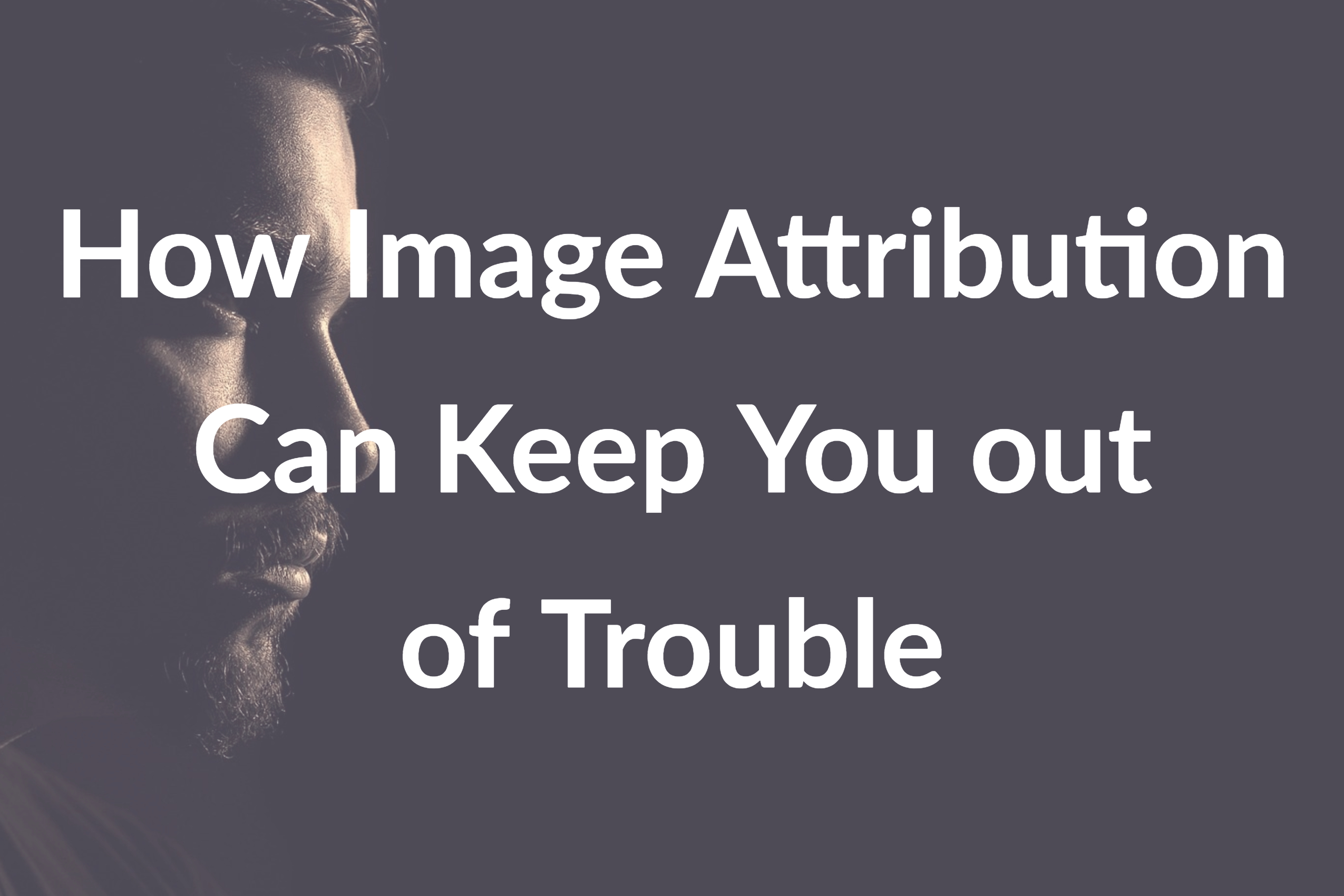What Is Not Protected by Copyright [4 Examples to Take Note of]
However, you choose to create and express yourself; it is vital that your work is used to impact your profession or creative pursuit positively. Having your intellectual property stolen can negatively affect your work and cost you money.
A lot of money!
However, even if you’re confident that your newest creation is the next big thing, not everything can be copyrighted. Let’s explore what you can (and should!) copyright along with the things you can’t.
What is Copyright?
A copyright grants a creator the legal, exclusive rights to their work and considers this intellectual property, giving them the ability to determine how and when the work can be used or copied by others. Typically, the creator will allow use in a specific way or for a limited period (ex. a particular number of months or years).
Copyrights may also state that work can be used if credit is given to the creator, etc. Typically copyrighted works include poetry, plays (about fictional characters), literary work, movie images, and films, television broadcasts choreography, musical compositions, paintings/drawings, sculptures, software (computers), industrial designs, and more.
While copyrights cover a wide range of intellectual and creative works, not everything can be copyrighted. Copyright is different than a patent or trademark, as it protects authorship, not discoveries, ideas, and inventions.
Things You Can’t Copyright
According to Copyright.gov, there are many things that people want to copyright, even photographs of Elvis sightings (which is copyrightable, by the way!).
However, you cannot copyright the following:
Ideas
You can’t copyright an idea unless it is expressed in writing as one of the copyrighted forms. You also cannot copyright intangible works for the same reason. An example of an intangible type of work would be a performance or choreography not written, notated, or recorded.
This would apply to someone trying to copyright a future improvisational dance or skit. Once said, skit or dance was performed and recorded, then the copyright would be automatically applied or eligible to be registered.
Facts
You cannot copyright facts such as why the sky appears blue or who is the current president. This is considered commonly known information, and there is no known author associated with the facts.
Name
You cannot copyright a name or a website name. This means that to hold onto your website or domain name, you will need to register it through a company and retain it.
Systems or Methods of Operation
Unfortunately, cannot be copyrighted, although specific expressions of these things may be subject to copyright or a patent.
Are You Worried About Whether You Need Copyright?
While copyright applies to many creative endeavors and the work attached to them, it is not always necessary to get registered copyright through the government. As a writer, photographer, and artist, you hold the inherent rights to your work.
This is true in all countries that, like the United States, follow the Berne Convention Implementation Act of 1988. The Act gives automatic copyright protection to all first published works. However, possessing copyright can make copyright violations easier to prove and facilitate the appropriate legal action, which the government also advises at copyright.gov:
In general, registration is voluntary. Copyright exists from the moment the work is created. You will have to register, however, if you wish to bring a lawsuit for infringement of a U.S. work.
Source: Copyright.gov
Are you concerned that someone stealing your work online? Based on the Bern Convention Implementation Act, if someone is taking your images and is using them without consent, they are violating your inherited copyright.
Search Berify today to verify who is using your work and take action before it damages your career or pursuits!






